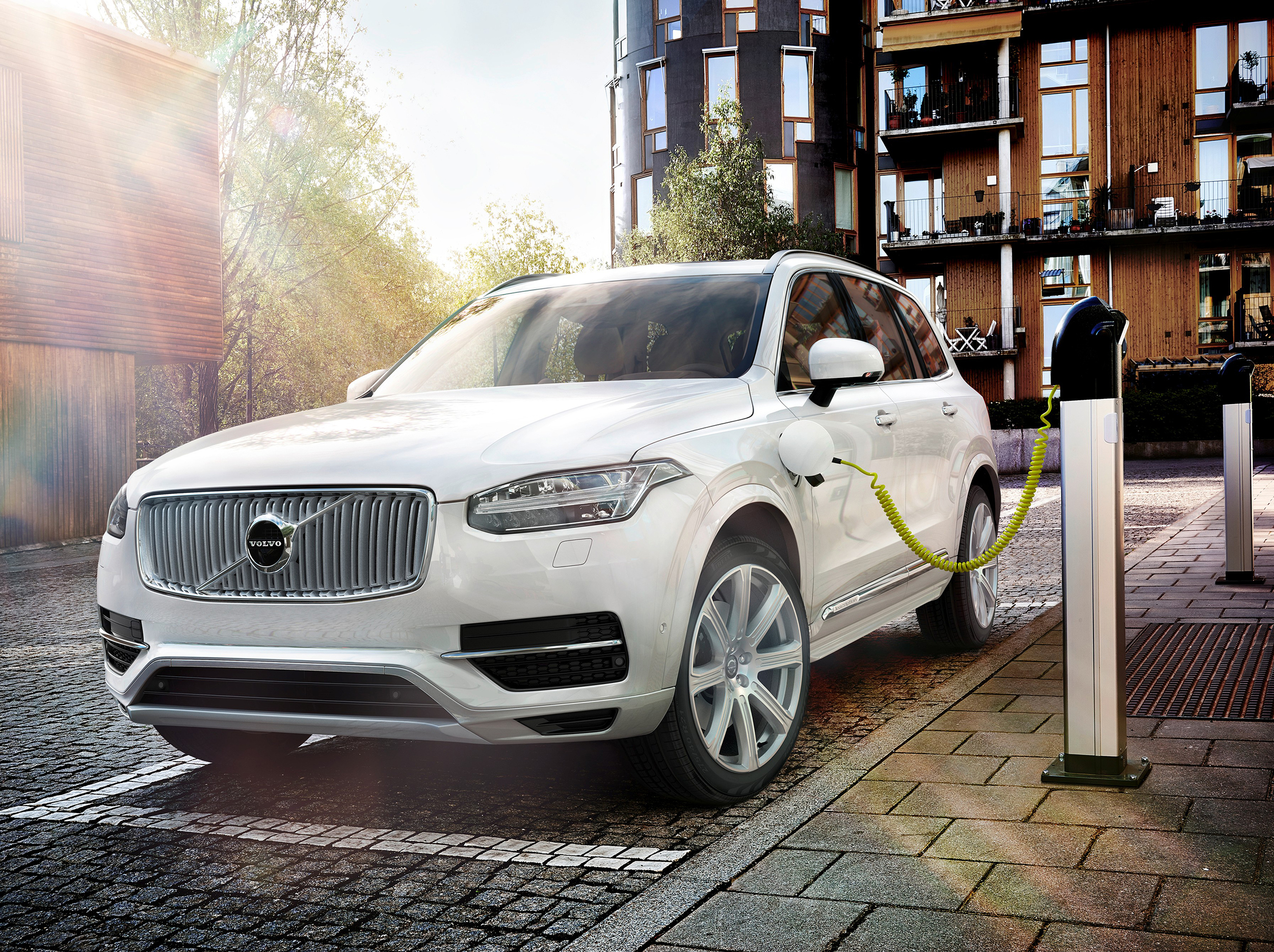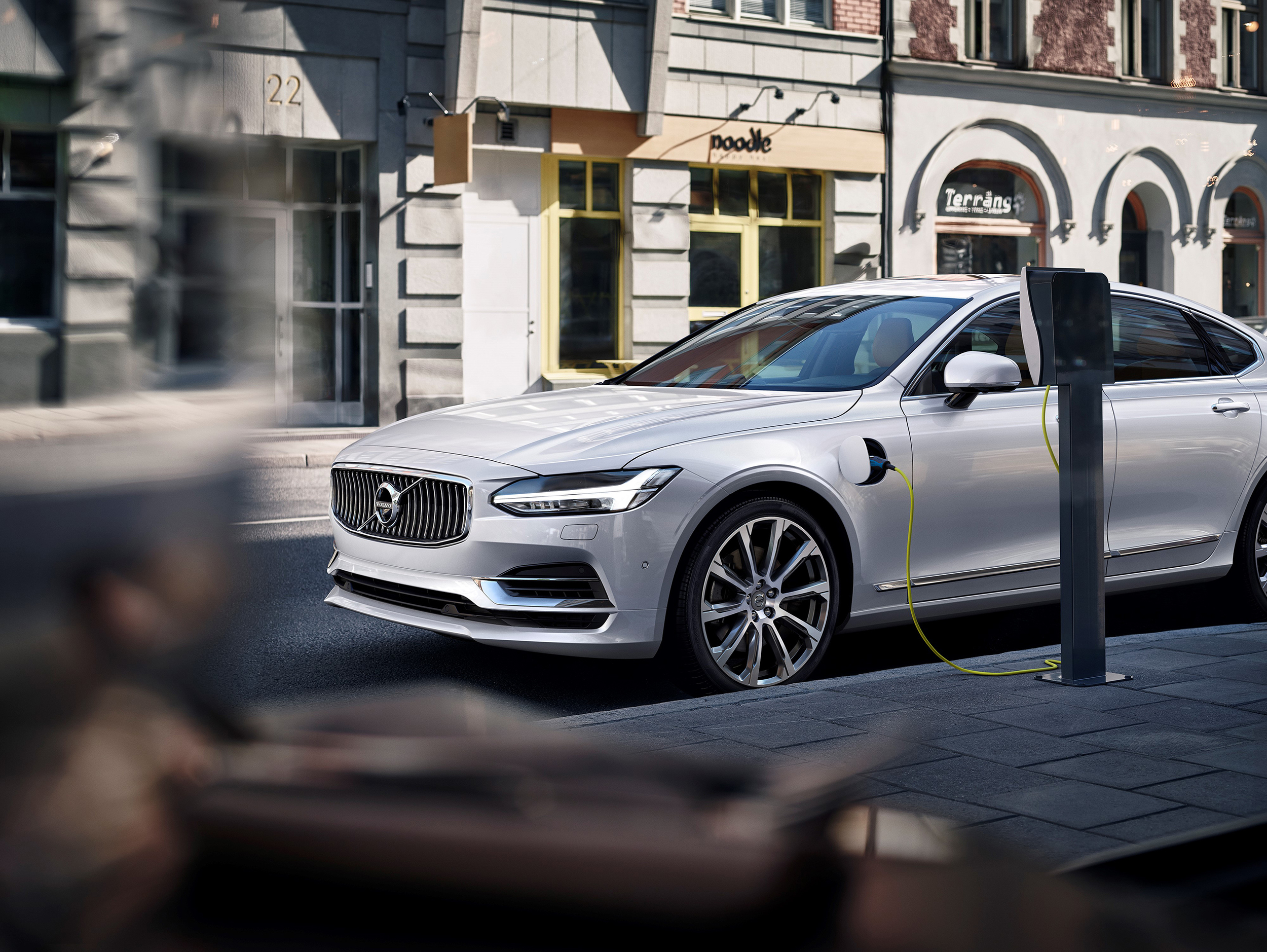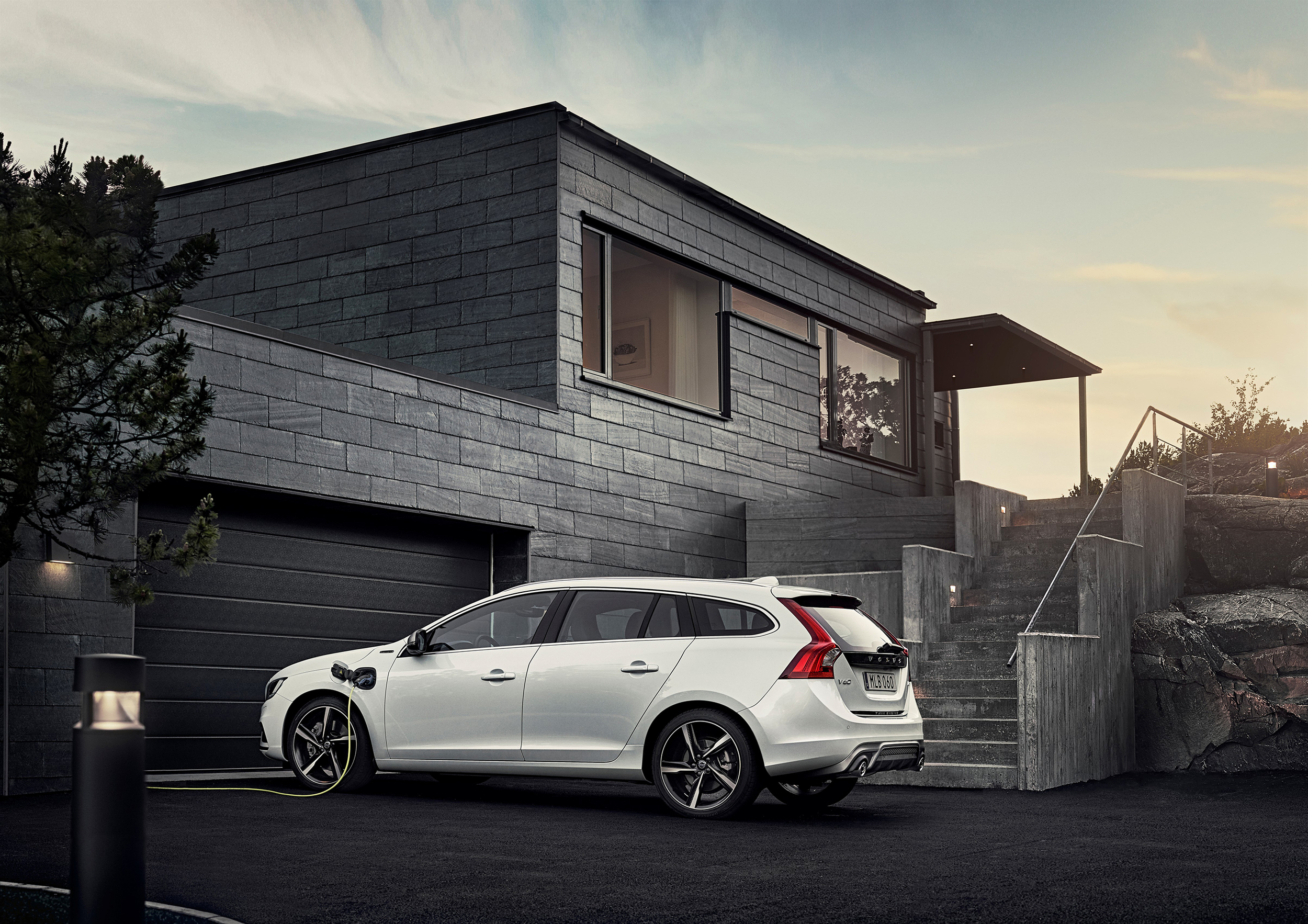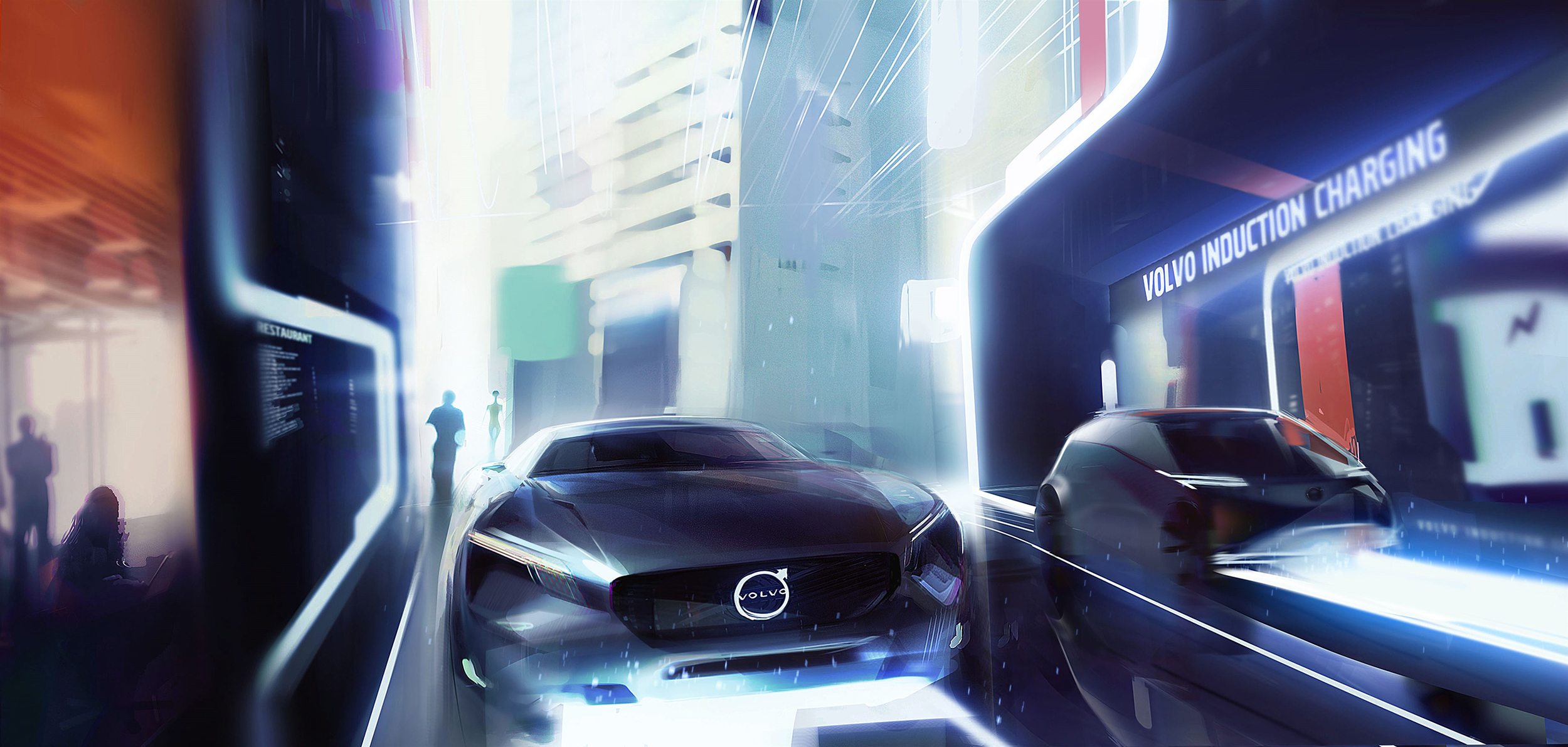In an effort to tackle the 'last mile' city commute problem, Peugeot has launched an integrated car and bicycle mobility solution with its 5008 SUV and eF01 Electric Bike.
Crossover, News, SUV, Quirky, Consumer
Crossover, News, SUV, Quirky, Consumer
In an effort to tackle the 'last mile' city commute problem, Peugeot has launched an integrated car and bicycle mobility solution with its 5008 SUV and eF01 Electric Bike.
Coupe, Electric, Grand Tourer, News, Technology
British electric vehicle start-up Alcraft Motor Company has revealed details of its first car, the high-performance Alcraft GT.
Electric, Family Car, News, Technology
Sales of alternatively fuelled vehicles (AFVs) reached a record market share of 4.4% in June with more than 10,700 hitting UK roads.
Electric, Hybrid, Hydrogen Fuel Cell Car, News, Consumer, Technology
Despite an increase of 47% in the sales of electric and hybrid cars this year, the Institute of the Motor Industry (IMI) says that more needs to be done to continue to drive the switch from diesel and petrol engines.
Coupe, Electric, Grand Tourer, Luxury, News, Supercars
Japanese electric vehicle specialist GLM has unveiled its new G4 concept at the Salon Mondial de l'Automobile in Paris.
Electric, Hybrid, Luxury, News
Karma Automotive has unveiled its new Revero luxury hybrid saloon at a private event in Laguna Beach in California.
Concept Car, Design, Electric, Hypercar, News, Sports Car, Technology
Global Vehicle Architecture (GVA), has unveiled a revolutionary new Electric Hypercar Concept – the GVA Eclipse – and we have the very first pictures of the full-sized prototype right here on NEWCARNET!




Volvo has confirmed its supports for the Charging Interface Initiative - a global drive towards a recognised standard for electric car charging.
The Charging Interface Initiative is a consortium of stakeholders that was founded to establish their Combined Charging System (CCS) as the standard for charging battery-powered vehicles.
The Combined Charging System, which will offer both regular and fast-charging capabilities, makes electric car ownership increasingly practical and convenient – especially in urban environments, which are ideal for electric vehicles. It combines single-phase with rapid three-phase charging, using alternating current at a maximum of 43 kilowatts (kW), as well as direct-current charging at a maximum of 200 kW and the future possibility of up to 350 kW – all in a single system.
Volvo is one of the leading makers of plug-in hybrid cars and will offer a plug-in hybrid variant of every new model as it replaces its entire product portfolio in the coming years. It will introduce a fully electric vehicle by 2019, based on its modular SPA vehicle architecture.
In order to cement the increasing popularity of electric vehicles and ensure that customers fully embrace the technology, Dr Mertens, Volvo’s Senior Vice President for Research & Development said: “We see that a shift towards fully electric cars is already underway, as battery technology improves, costs fall and charging infrastructure is put in place,” said Dr Mertens. “But while we are ready from a technology perspective, the charging infrastructure is not quite there yet. To really make range anxiety a thing of the past, a globally standardised charging system is sorely needed.”
The Charging Interface Initiative is currently in the process of drawing up requirements for the evolution of charging-related standards and certification for use by car makers around the globe.
“We are very happy to support and be involved in the setting of standards for electric vehicle charging systems. The lack of such a standard is one of the main obstacles for growing electric vehicles’ share of the market,” said Dr Mertens.
One in five of all Volvo XC90s sold is a T8 Twin Engine plug-in hybrid.
Green Lite Taxi Kft., based in Budapest, has purchased 65 Nissan LEAFs in a bid to become Hungary's largest zero emission fleet.
Ors Levay, CEO of Green Lite Taxi Kft., which has installed seven quick chargers within the city to power the franchise, said: "We are delighted to be the first taxi company in Hungary to go 100 percent electric and the 199 km range means we only need to charge our taxis once during a shift. Along with the large savings on fuel and maintenance, the Nissan LEAF is very smooth to drive and almost silent, which means a more enjoyable journey for my customers and the drivers say typical 10 hour shifts are less tiresome."
Nissan delivered over 100 electric vehicles to taxi companies across Europe in 2015, making it the best-selling manufacturer of pure electric taxis.
In Estonia, a LEAF owned by taxi company, Elektritakso, is said to have clocked up over 218,000 kilometres (135,459 miles) on its original battery pack, showcasing its durability and reliability.
In total, there are 80 electric taxis in Estonia, whilst in Lithuania, Nissan is set to deliver its first eight electric taxis to the Smart Taxi Company, based in the country's capital, Vilnius, for late 2015.
Nissan electric vehicles - which include the LEAF and the e-NV200, a passenger and light commercial vehicle - are becoming increasingly popular among European taxi businesses, with the Netherlands and the UK topping Nissan's e-taxi league table.
The newly launched 30 kWh LEAF is expected to be popular with taxi firms as it will enable drivers to travel 25 percent further than the standard vehicle.
Gareth Dunsmore, Director of Electric Vehicles for Nissan Europe, said: "We are so proud to be announcing this all-important milestone. Nissan has already delivered 30 percent more e-taxis this year than in 2014 and this figure is constantly increasing, as more taxi companies realise the benefits of becoming 100 percent electric."